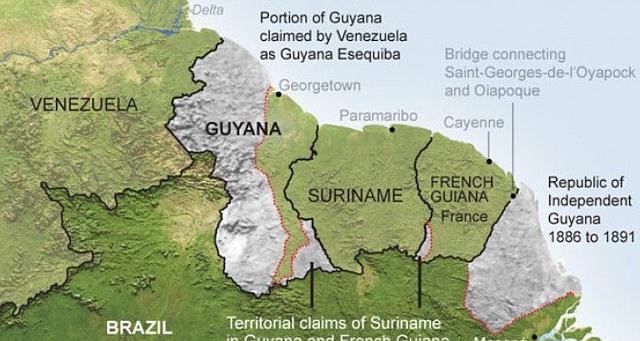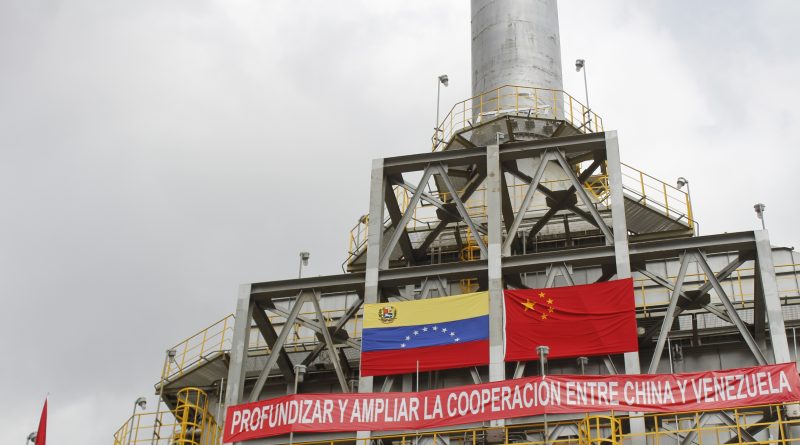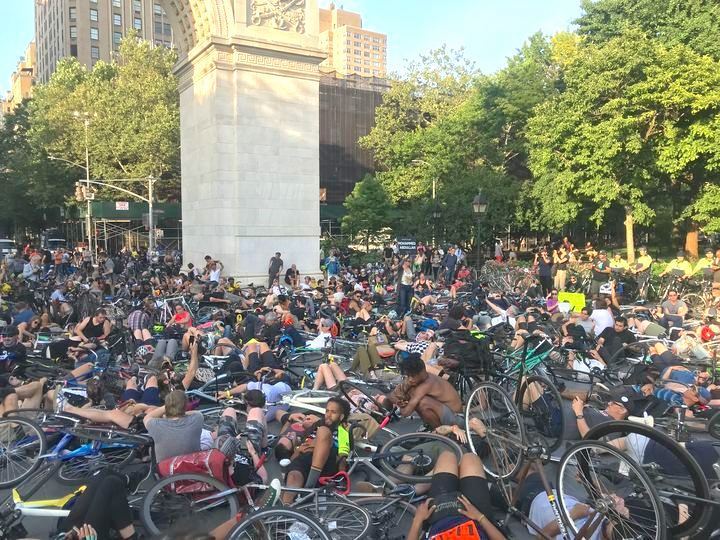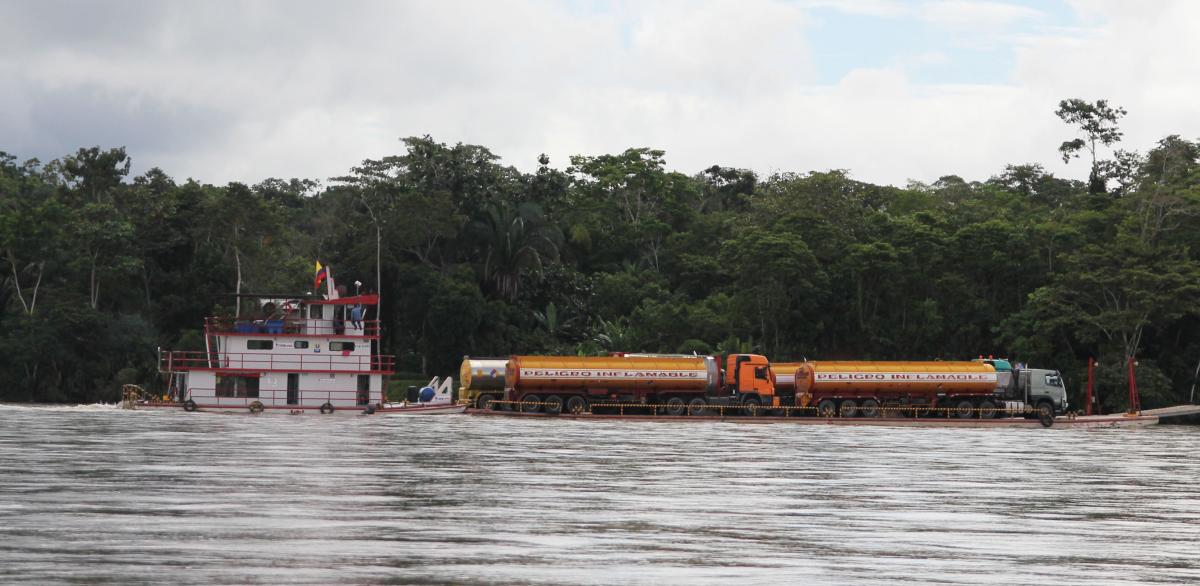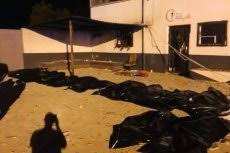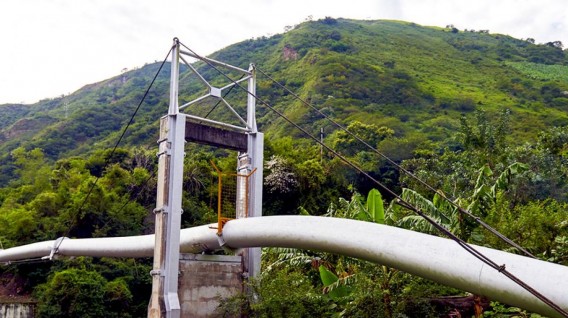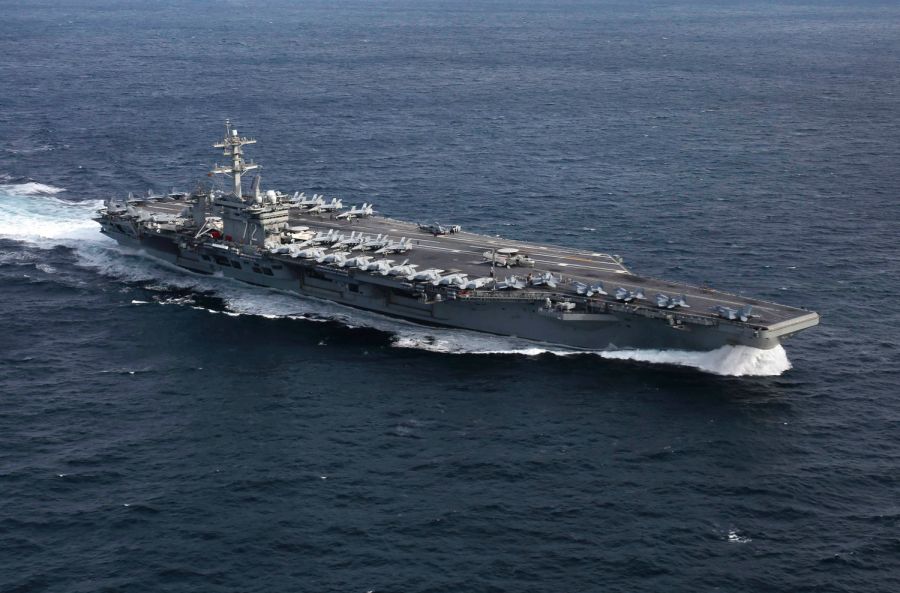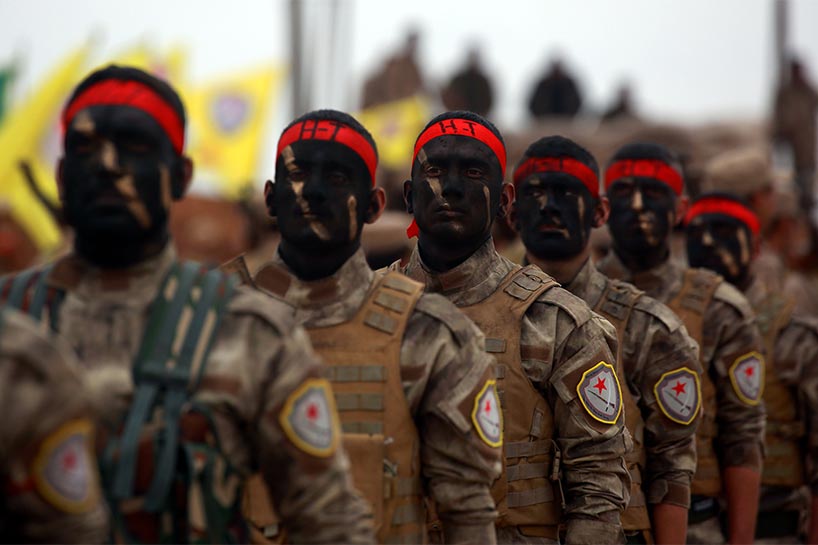Oil shock, wider war after Saudi refinery attack?
With some some 5% of the daily global supply wiped out by the drone attack on Saudi facilities, a new oil shock now appears imminent—putting paid to the conventional wisdom that such spikes are a thing of the past due to increased US domestic production. The Persian Gulf reserves remain determinant in global political power. How realistic is the fear of a new shock—or Western military confrontation with Iran? (Map: myket)



